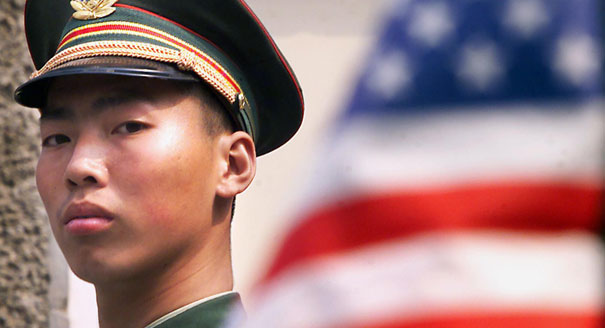{
"authors": [],
"type": "event",
"centerAffiliationAll": "dc",
"centers": [
"Carnegie Endowment for International Peace"
],
"collections": [],
"englishNewsletterAll": "asia",
"nonEnglishNewsletterAll": "",
"primaryCenter": "Carnegie Endowment for International Peace",
"programAffiliation": "AP",
"programs": [
"Asia"
],
"projects": [],
"regions": [
"North America",
"United States",
"East Asia",
"China",
"Taiwan",
"Southeast Asia"
],
"topics": [
"Political Reform",
"Security",
"Military",
"Foreign Policy"
]
}
The 41st Taiwan-U.S. Conference on Contemporary China
Mon, December 3rd, 2012
Washington, D.C.
With the U.S. presidential election and the 18th Party Congress in China now complete, American and Chinese leaders can turn their attention to larger issues. The Asia-Pacific region is influenced by a number of factors, including the U.S. “rebalancing” strategy, controversy in the South and East China Seas, and a global economy that remains weak. This context, coupled with new leadership, has created an opportune time to examine opportunities and challenges facing regional stakeholders.
The Carnegie Endowment, in conjunction with National Chengchi University, hosted a day-long conference featuring panels of leading Taiwanese and American thinkers to examine contemporary China from a policy perspective.
Carnegie does not take institutional positions on public policy issues; the views represented herein are those of the author(s) and do not necessarily reflect the views of Carnegie, its staff, or its trustees.